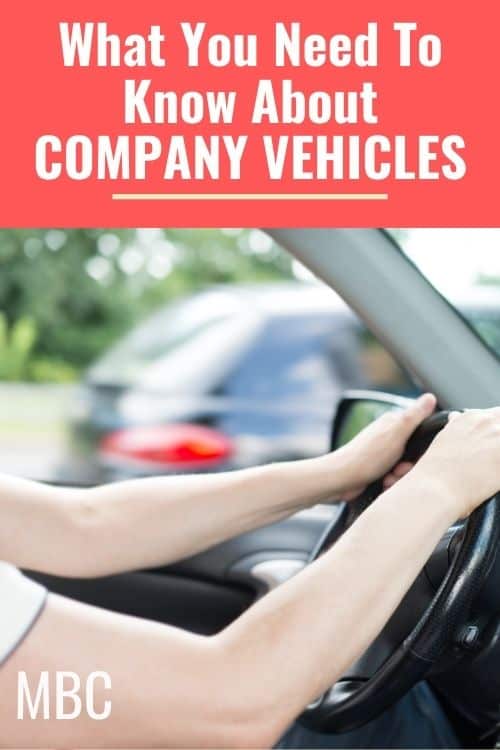Company vehicles are something that many of us eventually learn to live with. But that doesn’t mean that they’re without their challenges. Yes – they’re a necessity. But they’re also an ongoing operational concern – one that you can’t afford to ignore.
In this post, we’re going to take a look at some facts about company vehicles.

You Can Claim Tax Deductions
Small business owners need to use every tool at their disposal to cut their taxable expenses and reduce their costs. Most use a standard mileage deduction set by the tax authority, but there are other methods of lowering your tax burden.
One relies heavily on accurately assessing the number of business miles you do. Many executives are conservative about how far their private/business vehicles drive in a given year. They ascribe too many miles to non-business activities and too few to those related to their work.
Another way to reduce costs is to list “allowable expenses,” including tolls, parking fees, repairs, and licensing. Sometimes you can also save a lot of money using rolling leases instead of paying for assets outright. Please note that you may also claim for spare parts, such as a Bosch Injector 0414799015 or another piece of equipment you need to keep your vehicles on the road.
You Can Buy Direct From The Manufacturer
Businesses know that showrooms and dealerships need a commission to keep themselves in operation. For that reason, companies like to avoid them.
However, there’s a prevailing belief that going direct just isn’t possible, but that’s not always the case. Sometimes you can order new vehicles for your fleet from the factory itself – you just need to check the particular auto brand’s policy.
You Can Purchase Vehicles Under Your Company Name
If you’re a small business owner, you sometimes automatically purchase vehicles under your personal name, taking on all the liability that comes with it. But did you know that you can buy commercial vehicles with your business as the “purchasing entity?”
Well, it turns out that you can. Once you have an EI and a small business credit file, you can get the credit you need to take a vehicle out on lease. You don’t have to shoulder the risk personality. And that can make a massive difference to your overall financial situation.
You Can Get Bespoke Commercial Vehicle Insurance
Commercial vehicle insurance works a little differently from the consumer version. Often, it is a lot more flexible and more accurately reflects how you use your vehicles.
For instance, some insurance companies focus exclusively on providing insurance for companies that use vehicles that rarely go onto the public highway – such as agricultural firms. Others focus on specific niches, like taxi businesses or logistics providers.
Bespoke insurance ensures that your policy only covers the risks that you’re likely to face while remaining firmly within the bounds of the law. In some cases, your personal auto insurance could be sufficient, but you’ll need to declare any business use to your insurer for a policy adjustment.
- DISCLOSURE – This post has been written by an outside source



